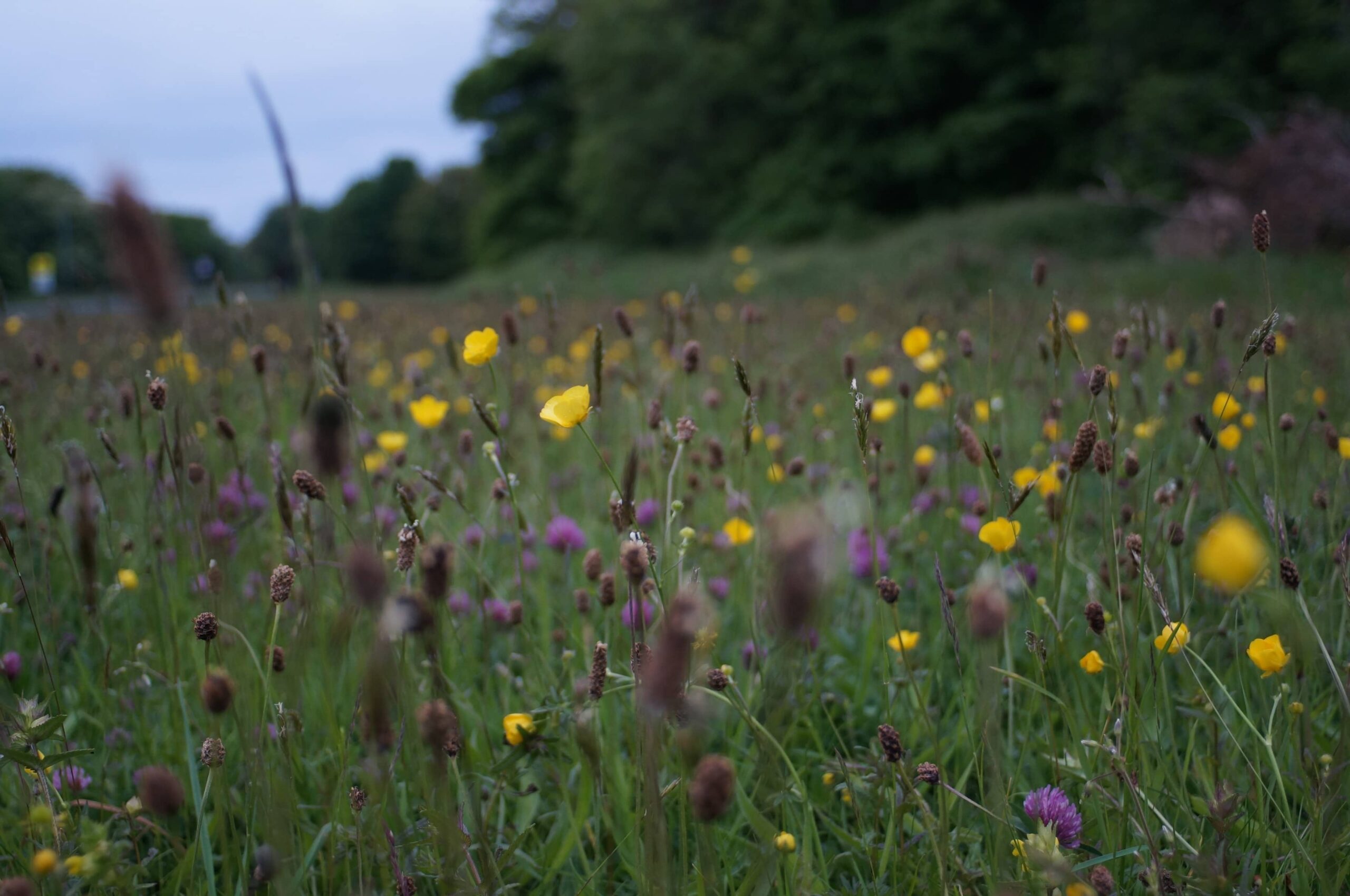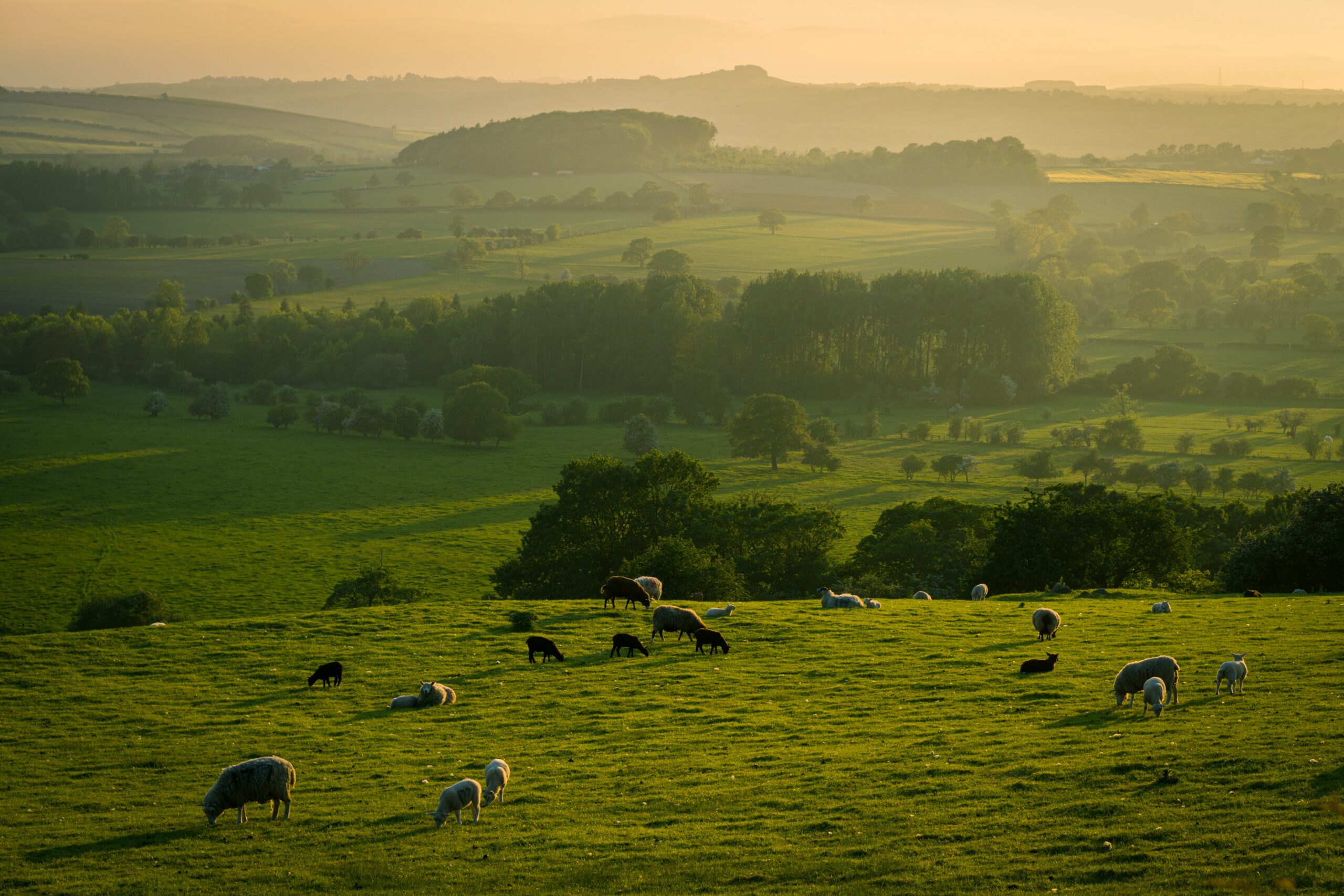
Do some companies harm biodiversity more than they help?
Restoring Biodiversity is essential for the future of our planet. This is especially true in the UK where centuries of farming, building, and industry have made the UK one of the most nature depleted countries in Europe.
Extensive agricultural lands and road networks in addition to several other factors have reduced the wildlife in the UK to an alarming level.
There have been a few signs of hope in recent years. However natural landscapes have been so heavily degraded over decades and centuries that we are simply not doing enough to turn things around.
Unfortunately, in many parts of the world “sustainability” has become somewhat of a buzzword. It has become a word thrown around as a way of boasting a companies’ morality without actually having to make any real impact or show any real care for the environment.
How a Lack of Care Continues to Harm Biodiversity
Unfortunately, some restoration projects have actually caused a negative impact on UK wildlife in their restoration attempts. This can be seen with the case of the red squirrel and the expansion of the conifer woodlands across the UK.
Red squirrels in the UK have been put at risk by non-native conifer trees that have been planted with the intention of protecting the threatened species. This news came about after a team of Queen’s University Belfast researchers studied squirrel populations in 700 different sites across Northern Ireland.
Red squirrel populations in the UK are often confined to coniferous woodlands. Their invasive rival, the grey squirrel, often struggles to gain a foothold in this sort of environment. The reason is that greys prefer trees like oaks that provide larger seeds to eat. Alternatively, red squirrels are often fine feeding on the smaller seeds of conifers.
It may seem that in order to protect the red squirrel population that it will help to provide more coniferous habitats. However, this has proven to not be the case as this approach has failed to take into account the resurgence of pine marten.
This weasel-like predator often benefits the reds by preying on their grey rivals. However, researchers have found that martens have lowered red squirrel numbers in conifer plantations.
This is because the limited number of greys to eat has caused pine martens to turn towards red squirrels who have limited hiding spots in these simple structured, non-native woodlands.
Furthermore, as there are fewer grey squirrels in coniferous habitats in the first place, reds don’t get the same benefit from the arrival of these pine martens.
Researchers have argued that efforts to boost red squirrel numbers would be better with a focus on planting native, broadleaf woodlands and aiding pine marten recovery.
The Negative Impact of Forestry Policies in Chile
This issue is not just one that affects wildlife in the UK either. A team of researchers studied the impact of forestry policies in Chile, where until 2012 landowners would claim subsidies towards 75 percent of the cost of tree planting programs.
These policies as well the lax enforcement over who would claim them would lead to the destruction of native forests, grasslands, and shrublands. This would be done to make way for monoculture plantations. This would lead to an accelerated biodiversity loss and negligible carbon cuts compared to when there had been no subsidies.
The co-author of this study and University professor, Cristian Echeverría, would comment “ Nations should design and enforce their forest subsidy policies to avoid the undesirable ecological impacts that resulted from Chile’s program”.
He would go on to say “Future subsidies should seek to promote the recovery of the many carbon- and biodiversity-rich natural ecosystems that have been lost”
Cases such as this as well as UK cases such as with the expansion of conifer plantations, highlight the importance of why greater care needs to be taken with forestry attempts.

The Case Of Shell – How they Harm Biodiversity
As we have previously mentioned, it is, unfortunately, true that many companies will like to boast about their contributions towards environmental protection without making any real impact. Shell has proven to be a key example of this.
In recent years, Shell has invested in various nature restoration projects, often tree-planting schemes. However, although the company boasts a £300 million plan to save ecosystems, the company fails to address its existing environmental damage and how they harm biodiversity.
Since 1965, Shell has released over 31.9 billion tonnes of carbon dioxide equivalent, CO2e into the atmosphere. It is yet to be seen whether tree planting can make up for this level of environmental damage.
Furthermore, a typical tree can absorb around 21 kilograms of CO2 per year after being fully grown for 20 years. However, before this point trees only absorb around 39kg of carbon dioxide. Thus, this would mean that Shell would have to plant over 817 million trees in order to make up for the emissions they have already released. This also does not include the emissions they still currently produce.
Oil extraction processes cause great damage to local rainforests, releasing toxic by-products into rivers. Furthermore, drilling continues to destroy existing ecosystems and biodiversity and also impacts indigenous and local people. This is highlighted by the long-running dispute between local communities and Shell in the Niger Delta.
The lack of care taken by companies such as Shell whilst still boasting their support for the environment shows why one must take careful consideration in the environmental schemes they support.
Why You Should Support Natural World Fund to Rewild the UK and Support Biodiversity
It is evident with some of the cases mentioned above that many companies will waste a lot of time and money in attempting to support the planet. They will claim to support the environment but will hurt UK populations through their careless attempts at supporting biodiversity.
There are countless tree planting initiatives that are marketable yet struggle to provide real support to damaged ecosystems in a meaningful way. Furthermore, often single species of trees are planted over a large area which can cause a harmful effect on native plants and wildlife. These sorts of initiatives often harm biodiversity more than they do good.
However, when you subscribe to Natural World Fund, you can be sure that your contribution is making a real difference for life in the UK. By subscribing to us, you fund climate projects across the UK. We distribute funds to our extensive networks on the ground and provide regular updates on exactly how your money is being used!
Who Are We ? – Support Natural World Fund
We created the Natural Worlds fund for those who want to help but do not know where to start. We make it simple to make a real difference, providing easy and clear steps so that you can do your part in this environmental crisis.
How do we do it? Firstly, we protect UK wildlife by working to rewild sites in the UK, ensuring that all donations make a real difference. We restore nature in a number of ways including through the planting of forests and the development of wild meadows. We also work to restore seabeds across the UK, protecting some of the most vulnerable sea life.
UK wildlife is in serious decline, from the hedgehog to the tortoiseshell butterfly and many more. We work to support endangered species such as these by providing them with the safe-haven habitats they need in order to survive.
Additionally, Natural World Fund also reduces the number of harmful greenhouse gases in the atmosphere by allowing nature to reclaim its land. After all, natural areas that are rich and diverse will absorb carbon dioxide from the earth’s atmosphere and lock it away in plant materials and soil.
Summary – Support Natural World Fund and Make a Real Impact
The climate crisis continues to harm biodiversity and put countless species in the UK and across the globe at risk, and in recent years many have gone extinct. This crisis is completely man-made, and we have a duty as a species to protect the environment and make up for the damage that our species has caused.
Unfortunately, here in the UK and many other parts of the globe, efforts to help the environment have been lackluster at best and leave much to be desired. This can be seen with the expansion of coniferous trees in the UK which has harmed biodiversity and has put wildlife like the red squirrel at risk. Companies such as Shell continue to boast about their efforts in protecting the environment yet fail to truly make up for the continuous harm they produce.
We at Natural World Fund are tired of the empty gestures provided by companies and environmental organizations in making a difference to our planet. By supporting Natural World Fund, you can guarantee that your contributions will make a real and lasting positive impact on UK wildlife. To find out more about us, visit our website and get in touch with us today!

